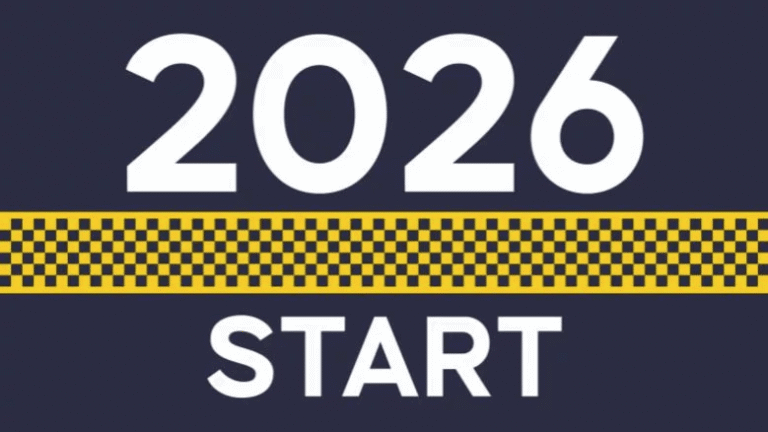Over the past three months, I participated in many conversations with small business owners who were planning their businesses for 2020 and through the next decade. During these conversations, many found it difficult to think about reaching long-term goals. Instead, they focused on tasks that could be completed immediately.
This is not a surprise. There are many sources of research indicating how humans are hardwired to seek out immediate gratification. Small business owners are no different, so how are you expected to focus your efforts to make lasting change?
I am reminded of a story about lions, field mice, and antelope that American author Tim Ferriss uses to frame tasks. A lion must select prey carefully. Field mice are easy to catch and provide satisfaction for a moment, but the effort needed to catch a mouse is more than the energy provided by consuming it. If lions hunt field mice all day, they will eventually starve. Because of this, the lion chooses to hunt antelope. This animal is much larger and requires more effort but will feed the lion and their pride with sustaining energy. By focusing on a larger animal, the lion will miss out on several “wins” that capturing field mice would provide, but the lion will ultimately lead a longer fulfilling life.
Reflect on the previous month in your business. How many field mice did you catch and how far away were your antelope? Now think about the resulting attitude coming from your employees to determine if they have taken to chasing field mice in their own job. If so, this will be evident in the company’s everyday language. “The homeowner is happy, so I’m not sure what else we’re expected to do.” If this is what you’re hearing, then it is likely that your employees have given up on the pursuit of delivering better service and streamlined processes. In this case, it is the duty of the owner, managers, and supervisors to show your people how to hunt for big game to change the course of their department and provide greater value to those around them.
How do you find your antelope? The following are questions business owners should ask themselves.
Is my mission statement clear and broad enough to include my employees?
Most small businesses start out of necessity—whether the owner needed to take care of their family, make a living based on their desire to work in a specific field, or simply could not work for someone else. As a solo operator, or even a team of 2-3, the owner completed the work for themselves, their family, and those around them. As the business grows, employees start asking what’s in it for them. If the answer is not available, they will eventually leave.
As an owner or leader in the company, be aware that people are following your direction, but they need to know why the company exists. This is important and gives them a reason to continue with you instead of another company.
What will the business look like when I have achieved my goals?
You know your mission, your people know why they are working with you, and millennials are happy to have a purpose outside of the tasks they are assigned. Do not stop now! Where do you want to go? Which group of antelope are you chasing?
Set big goals and choose to chase them.
Our goals, much like antelope, are clever, hard to reach, and can lose us if we are not focused on following them. Be generous at this point. Draw an ideal picture for your company and how it should look to you and your key employees for the next decade or two. Just remember that goals for your business will likely change, so plan for this and adjust accordingly.
Can I draw a map from today to my day of success?
Lions develop a strategy to hunt big game and will approach different food sources by the method they find to be most effective. Plan your goals and have a clear path to make it to the ideal picture of your company. You should be able to follow the steps taken from today to your desired results. This plan to succeed is critical and should be shared with employees, friends, and family.
You will know you’ve succeeded at providing the map when you can give directions to your end goal.
What feedback am I receiving from my team?
This is potentially the most important question and the one that will determine your success.
A lion hunting on their own will succeed in catching their prey 17% of the time, while a pride will succeed 30% of the time. Plan how you will arrive at your goal. Work together with your people to discover what it will take to catch the antelope. The journey is long, and you will need your team to fulfill your goals.
Your pride will help you find the way to long-term success. Trust them, because they followed your lead. Look for support from them to define the work and determine the future, then chart a course and adjust as needed.
Setting long-term goals is challenging but not impossible. Business owners must resist human nature and avoid chasing field mice. Choose to chase the antelope instead—the goals that matter most to you. Big goals will sustain you and your business in the long run. If you find yourself chasing field mice, reframe your goals and hunt for larger game.



